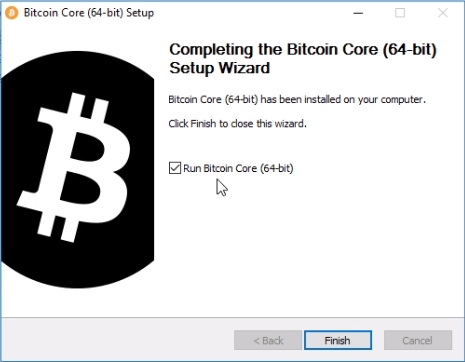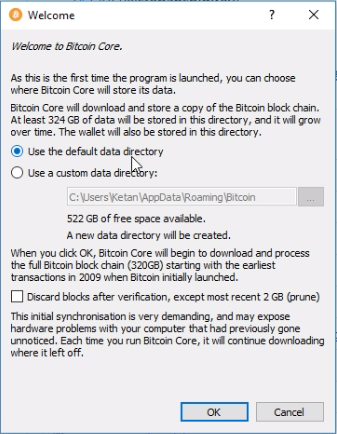
1/ Pleased to announce I have successfully bypassed the government issued fraud product @NBN_Australia. My residence is due to be connected to the NBN scam in January 2020. The NBN will be Dead on Arrival and surpassed by @Optus 5G Home Broadband. Thread to share my findings.👇
2/ I have been testing the @Optus 5G HBB as an alternative to the rort that is Australia's NBN. This wireless product is $70 a month with unlimited data. You can pay month to month with a $200 connection fee, or lock yourself into a 24 month contract with no connection fee.
3/ The modem/router provided is a Nokia Fastmile 5G. It features 1 WAN port and 3 LAN ports. Optus guarantees a minimum download speed of 50mbps, however, you are likely to achieve much faster.
4/ For me, the modem remains coloured 'amber' on 5G. I am 600m away with no direct line of sight to the 5G tower. The speedtest results I get are 200mbps down and 35mbps up. In Australia, these results are well above what a residential NBN connection can currently offer.
5/ There have been reports of speed tests reaching 300-380mbps. Your mileage may vary. I came from an Optus Cable connection with 100/2mbps so this is a refreshing, welcomed change. The connection has been rock solid with no drop-outs in the 2 weeks I have been using it.
6/ Tech support appears to be based in Australia, with a dedicated phone number to call for setup, troubleshooting and getting assistance specifically for 5G customers.
7/ What about the downsides? There are a few drawbacks which you will need to consider if you are a power user. Currently, the router settings are locked with no ability to make changes that you would typically expect from a router.
8/ You cannot customise your internal LAN IP addresses. The router address is 192.168.1.254 with all devices on the network leasing the range 192.168.1.100-200. You cannot put the router into 'bridge' mode to bind for use with an external router.
9/ I have however, been successful in using it as a WAN interface on a @pfsense router. It has been represented to me over the phone by Optus that these router restrictions will change in future. I remain doubtful of these claims.
10/ @Optus uses CGNAT and as such the external WAN IP address you get assigned is a shared IP address amongst other users. Your external IP address cannot be 'pinged' back to and as such, you are unable to host your own VPN server for remote access into your home network devices.
11/ Think devices such as security cameras, smart home devices, media server and NAS storage devices are all inaccessible. The external IP address does change every now and then and no static IP addresses are offered at this time.
12/ If you really need to access your home network remotely, I recommend looking into @ZeroTier. Be aware of the trade-offs with this approach, but it most definitely works. There are other approaches to accessing files back home with a little know-how, but nothing beats a VPN.
13/ Ping latency is still 'relatively' high because the service uses a combination of 5G and 4G. It is still not fully 5G only, so do not expect single digit pings as of yet. For gamers, this presents a let down for now.
14/ However, I can confirm that I was still pwning noobs on CS:GO with a 33-40ms ping, whilst connected to an Australian @ProtonVPN server. I did on one occasion have a ping spike for a few seconds up to 350ms. On the whole, it is completely playable.
15/ All in all, for most homes who are using the internet for streaming content, browsing, working from home, using multiple devices, this is a great alternative to the NBN. If all goes well, you'll be happy with it as it presents excellent value for money.
16/ For the power users, overall, you'll be happy moving across but make a note of the cons I alluded to earlier. I'll definitely be keeping @Optus 5G HBB until I start to notice congestion issues (if ever).
17/ For now, the product appears fit for purpose and I've had a great time testing it out. Thank you @Optus for demonstrating that private enterprise is able to deliver products cheaper, faster and better than government issued racketeering.
18/ I would encourage checking if your residence is 5G available by visiting the @Optus website. Keep checking periodically to see if you can make the switch. I've read they're pushing to upgrade more towers by March 2020.
19/ There might be some concern trolling that 5G causes cancer. It's a sad situation I find myself in that I'm willing to take that chance because the alternative @NBN_Australia scam can't be any better. Go figure.
• • •
Missing some Tweet in this thread? You can try to
force a refresh





